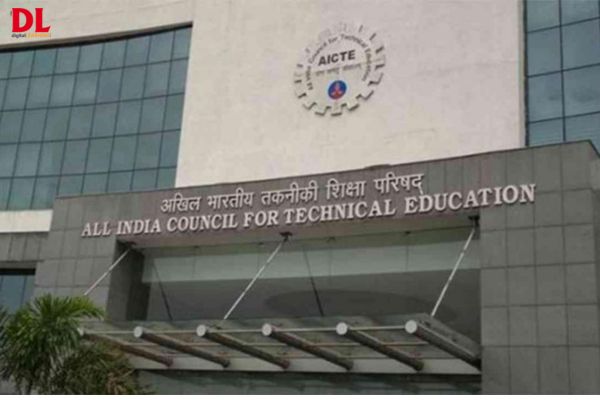
The All India Council for Technical Education (AICTE) has announced new guidelines for working professionals pursuing undergraduate and postgraduate courses in engineering colleges. Effective from the 2024-2025 academic year, these revised norms will apply to B.E/B. Tech courses and diploma programs in AICTE-approved institutions.
Under the new regulations, institutions with an average enrollment of over 80% in the past three years can admit working professionals only in the first year of their courses. This measure aims to streamline the admission process and ensure quality education for all students.
A significant change in the guidelines is reducing the permissible distance between the workplace and the institute. Professionals working in registered industries, organisations (Central or State), private or public limited companies, and MSMEs must now be within a 50 KM radial distance from the institute, down from the earlier limit of 70 KM. This change is expected to facilitate better integration of work and study for professionals.
Working professionals can apply for at least one full-time course while maintaining regular employment. The qualification criteria for these applicants remain the same as those for candidates eligible for lateral entry into the second year. To earn their degree, professionals must accumulate the credits specified in the AICTE model curriculum or by the affiliating university.
Also read: AICTE Launches PhD, M.E, M.Tech Programs For Diploma Faculty
The reservation policies of the respective State or Union Territory will apply in terms of academic requirements. Additionally, AICTE has introduced a special provision reserving one seat in every institute for candidates working in central government organisations, industries, companies, and autonomous organisations based on merit. The seat may be reallocated to the general category if no such candidates apply.
These changes reflect AICTE’s commitment to supporting the educational aspirations of working professionals, ensuring they have access to quality technical education while continuing their careers.



















